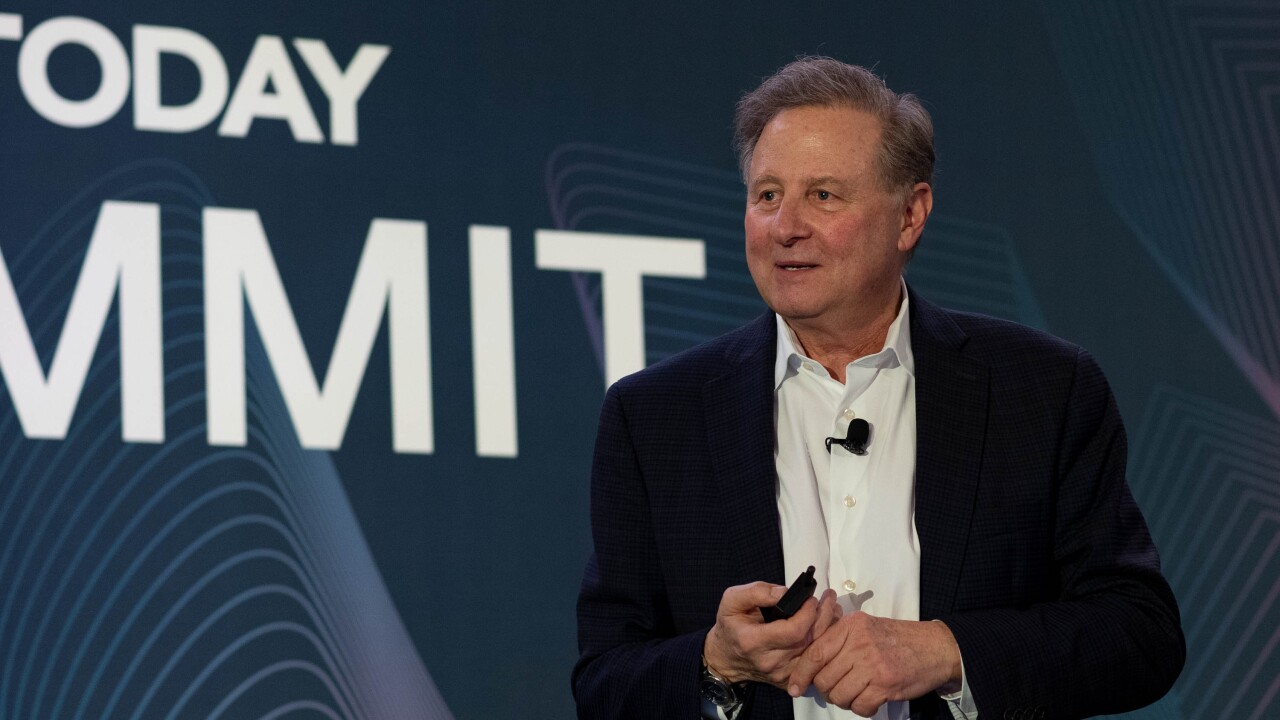Financier Carl Icahn once said that the fastest way to become a millionaire was to invest in the airline industry as a billionaire.
It probably comes as no surprise that I don't meet the financial criteria for either. But if I wanted to dilute my modest investment portfolio even lower than Fed Chairman Ben Bernanke has managed to do via a slew of recent interest rate hikes, I would take up poker - live, online or video.
I have never understood the lure of poker -- or most card games, for that matter -- and am continually amazed at the amount of air time it receives on stations like ESPN, not to mention its ballooning popularity.
To be honest, I couldn't explain the difference between Texas Hold Em and the Texas Two Step, but when I discovered my 13-year-old nephew incessantly watching various poker tournaments on TV, as well as playing with various partners online, I began to get more than a little concerned.
When I mentioned it to his parents, I was assured that it was just a phase. Hmmm.
Like other addictive adult vices, I don't think that impressionable adolescents should be granted as easy access to something like online poker as they are currently.
In my opinion, it offers absolutely no constructive benefits, unlike other online games, such as chess and I've heard more than one horror story of kids who had run up thousands in gambling debts on their parents' credit cards.
In a rare dose of sanity from Capitol Hill regarding these matters, lawmakers passed the Internet Gambling Prohibition and Enforcement Act, an update to a 45-year-old piece of legislation known as the Interstate Wire Act.
The House bill would outlaw Internet and other electronic wagers across state lines, as well as earmark $10 million over a three-year period to the Department of Justice budget and increase the maximum penalty to five years in prison.
The bill would hold accountable to some degree Internet service providers and financial institutions that process online transactions by requiring them to "identify and block or otherwise prevent or prohibit restricted transactions."
Predictably, the bill is already meeting resistance from a nonprofit group known as the Poker Players Alliance, which has released a study demonstrating that online gambling should be legalized and taxed by the federal government.
Now, forgetting the curious oxymoron of calling a group nonprofit when allied with poker, the group's study said that more than $3 billion in federal and state revenues could be raised by the regulation of Internet poker.
I'm not naïve enough to believe that any prohibitive legislation will end online gambling, or stop the repetitive stream of televised poker tournaments.
Online gambling is currently regulated in roughly 80 countries and generates untold billions in revenue. It was there before the recent House bill and will certainly not disappear afterwards.
But if it makes it that much more difficult for a 13-year-old to log on to his PC and draw to an inside straight, then deal me in.




